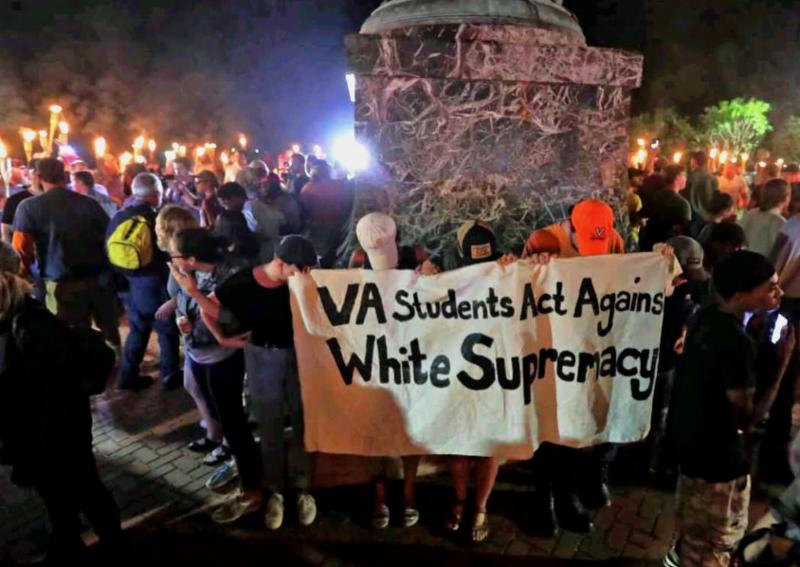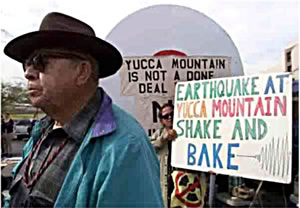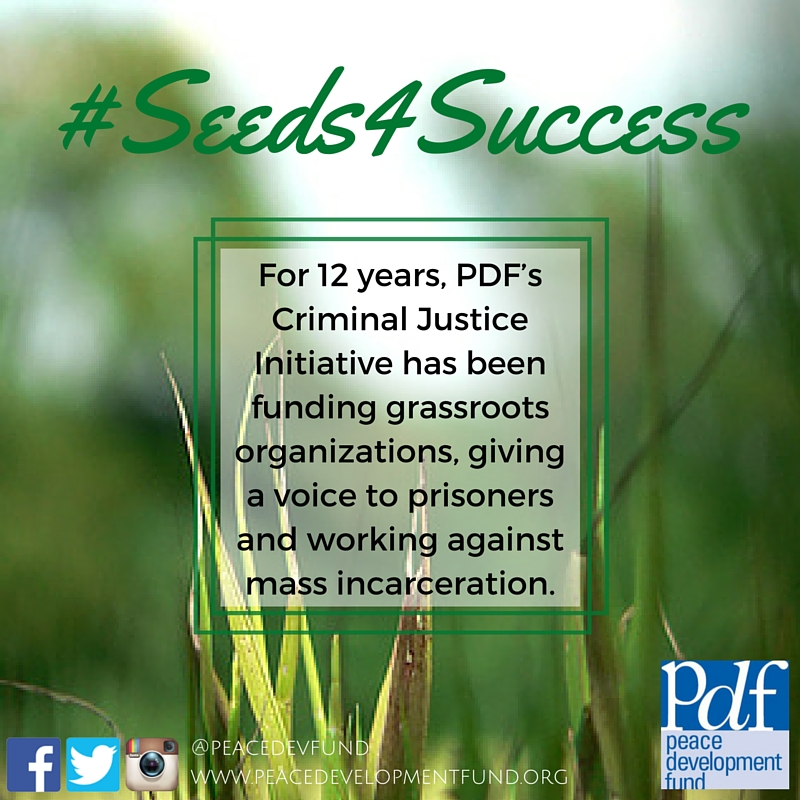Capacity Building Program
Built from the more than 35 years of experience partnering with grassroots community groups, PDF’s capacity-building program was developed in direct response to the articulated needs and aspirations of our community partners. With their input and recommendations, PDF has developed an integrated strategy to build the capacity of grassroots organizations through a combination of multi-year grants, training, organizational development assistance, strategic convening and support for collaboration among groups working on common issues. Through this program PDF hopes to offer credible alternatives to current realities in these communities.
Our Capacity Building Program is funded through the support of individuals and other foundations, and where possible, through PDF’s general funds. While each element of the Capacity Building Program has special characteristics and unique issues, they share similar movement building goals of respect for human rights, peace and social justice.
The Sustainability Project
PDF’s Technical Assistance Training Program
The Peace Development Fund is pleased to offer our recent grantees and fiscal sponsorship projects the opportunity to apply for this three-year training and coaching program. We have developed curriculum modules to help grantees improve their fund-raising capacity, board development and financial management.
We provide grantees one module each calendar year and ongoing coaching. The training takes place on site at the grantees’ offices (or such place as the grantees may designate). PDF trainers work directly with the grantees, their board, staff and key volunteers. Grantees are asked to provide lodging for one or more trainers and a $100 underwriting contribution. All other costs are paid by PDF donors.
Our first module is “Individual Giving: How to set up an individual donor campaign.” We focus on individual donors (rather than grantwriting) because in a typical campaign, approximately 90 percent of funding comes from private sources, including small family foundations. In fact, Giving USA reports that individuals contribute 81.2 percent of philanthropic dollars, and an additional 6.8 percent through bequests; corporations give 4.7 percent and foundations give 7.3 percent. If you are putting all your fund-raising efforts into writing grants, you are missing 80 percent of donors.

Year two addresses financial management and budgeting, “Mission and Numbers,” with the first day devoted to analyzing a group’s previous year’s work on fund-raising, and the second day the budgeting and financial management workshop. The workshop is tailored to the level of financial sophistication of each group, and all members of the group (staff, board, key volunteers) are invited to participate in the training.
In the final year of The Sustainability Project, groups work on “Board Development: Leading with Intent.” The Board of Directors sets the tone and direction of an organization. Effective board leadership and governance helps ensure that a nonprofit can operate to its fullest capacity. Creating an effective board is a continual process that includes recruitment, engagement and development. We discuss Board member responsibilities, roles and recruitment.
Groups which have participated in PDF’s Sustainability Project report that it has resulted in fund-raising success in year one; the knowledge to budget for and spend their additional revenue in year two; and as the organization grows, to strengthen their Board in year three. As a result of participating in this three-year program we expect to see 1) significantly increased revenue, 2) better financial acumen, 3) a more knowledgeable Board of Directors, staff and key volunteers.
Grantees must have budgets of $250,000 or less.
To find out more, inquire here.
Building Action for Sustainable Environments (BASE) Initiative

BASE was a comprehensive, multi-year initiative designed to support the efforts of communities adversely impacted by the production cycles of nuclear energy, and nuclear and chemical weapons. Located throughout the continental United States and Puerto Rico, the BASE Community Partners were from predominantly low-income African-American, Latino, and Native-American communities. PDF provided these community-based organizations with resources to enhance their ability to advocate for their communities as part of regional and national movements. Through this capacity-building initiative, participating groups built expertise in such areas as organizational and strategic planning, environmental and health research, outreach and media strategies, fundraising, the development of sustainable leadership, and effective coalition building. In addition, the increased participation of these groups in regional and national coalitions broadened and strengthened the existing environmental justice movement. Click to read the Final Report on the Initiative, 2002–2012.
Criminal Justice Initiative

The epidemic of incarceration and the widespread injustice within the criminal “justice” system is one of the most pressing issues facing the marginalized communities with which PDF works. These communities have described their struggles with police brutality, the effects of racial profiling, the criminalization of youth, as well as the privatization of and worsening conditions in prisons. In light of this, PDF conducts a multi-year Criminal Justice Initiative designed to support and build the capacity of groups seeking justice in our courts and prison system, to promote practical and effective alternatives to incarceration and to oppose new prison construction. PDF’s Community Partners in this initiative include organizations led by members who are formerly incarcerated, family members of incarcerated people, political prisoners and those unjustly convicted, youth who have had experiences in the juvenile justice and or criminal justice system, as well as people opposing new facilities. To read more about how PDF establishes authentic relationships with our Criminal Justice Initiative partners read this paper presented at the 2006 National Network of Grantmakers Conference.
In 2009, the Peace Development Fund and nine interested funders (Ford Foundation, Fund for Nonviolence, Omnia Foundation, Open Society Foundations, Public Welfare Foundation, Rosenberg Foundation, U.S. Human Rights Fund, Women Donors Network and the Race Gender Human Rights Fund of the Women’s Foundation of California) created the Criminal Justice funders Network (CJFN). CJFN launched the Research and Network Building Project in an effort to learn more about the funding landscape, resources, issues, and network approaches.
The project’s goals were to:
- Provide funders, nonprofits, and others with an organized review of private and public philanthropic investments in the United States criminal and juvenile justice sectors.
- Conduct a social network mapping analysis to assess the current networks, explore ways to strengthen connectivity and determine whether intentional network building could strengthen the justice movement.
The survey data produced an enormous amount of rich information on the characteristics, practices and issue focuses of both justice funders and organizations. You can read the report by clicking here.
As our Capacity Building Program grows, we will do more work with the United Nations and international grantees. On the home front, we will work more meaningfully with Criminal Justice, nuclear and anti-WMD organizing. We feel strongly that we are on the cutting edge of our human rights and social justice movement here in the U.S. We must reach across boundaries in our organizing, grant-making and training, and be deeply involved in current affairs, such as voter education, get out the vote, and stopping the wars in which our country is engaged.

